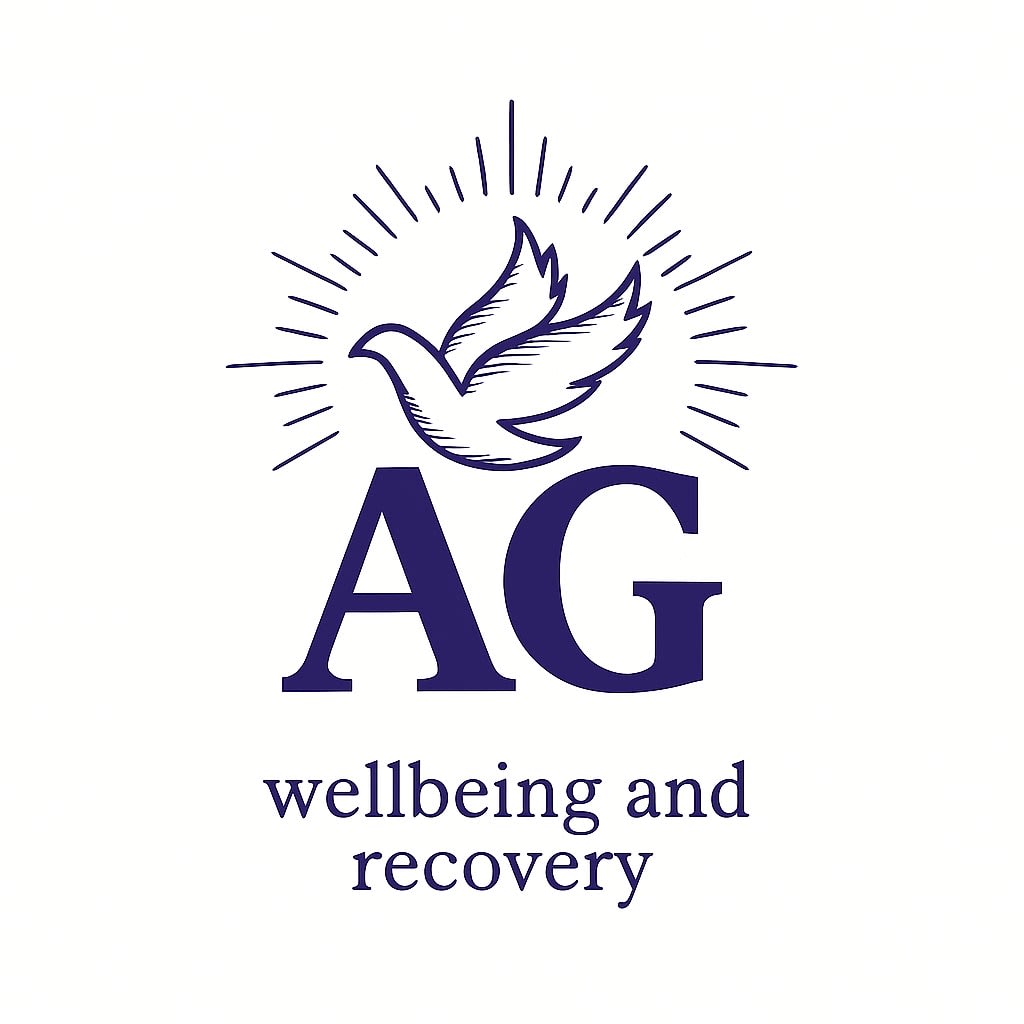REVENGE ADDICTION
Revenge Addiction: When Letting Go Feels Impossible
Most of us have, at some point, imagined what it might feel like to “get even” with someone who has hurt us. But for some, this desire for retribution can become more than just a passing thought — it can develop into what psychologists are now calling revenge addiction.
This term describes a pattern where people become stuck in a cycle of craving revenge and feeling a temporary sense of reward when they imagine or act on it. Over time, this cycle can be as consuming as an addiction to a substance or behaviour, making it difficult to move on from the original hurt.
Why Does Revenge Feel Rewarding?
The answer lies in brain chemistry. When we feel wronged, the brain’s pain centre (the anterior insula) activates. To compensate, the brain triggers its reward system, releasing dopamine, the “feel-good” chemical linked to pleasure and motivation.
This dopamine surge can make revenge feel gratifying, almost like a “high”. But just like other addictive behaviours, the effect is short-lived, often followed by a crash — and a renewed craving for more.
The Cycle of Revenge
Revenge addiction often follows a familiar loop:
- Grievance – someone feels hurt, betrayed, or humiliated.
- Craving – the brain seeks balance through revenge fantasies or urges.
- Reward – imagining or acting on revenge creates a temporary sense of relief or satisfaction.
- Let-down – the relief fades, and the craving returns.
This cycle can trap individuals, keeping them tied to past wrongs and preventing them from moving forward.
The Psychological Impact
Holding on to resentment takes its toll:
- Increased stress and anxiety – ongoing anger raises stress hormones, disrupts sleep, and fuels anxiety.
- Impaired daily life – being preoccupied with revenge can interfere with work, relationships, and personal wellbeing.
- Risk of escalation – in some cases, the drive for revenge may spill over into destructive or violent behaviour.
Breaking Free from Revenge Addiction
If you notice yourself stuck in this cycle, it’s important to know that change is possible.
- Recognise the pattern – simply acknowledging that revenge can act like an addiction is the first step.
- Find healthier outlets – activities such as mindfulness, journalling, physical exercise, or creative expression can help release anger without feeding the cycle.
- Talk it through – therapy or counselling can provide a safe space to explore the roots of your feelings and develop new coping strategies.
Moving Towards Healing
Revenge may offer fleeting satisfaction, but it rarely brings true peace. Letting go doesn’t mean condoning what happened — it means choosing freedom from the cycle of resentment. By seeking healthier ways to cope, it’s possible to reclaim your energy and focus on what genuinely supports your wellbeing.
